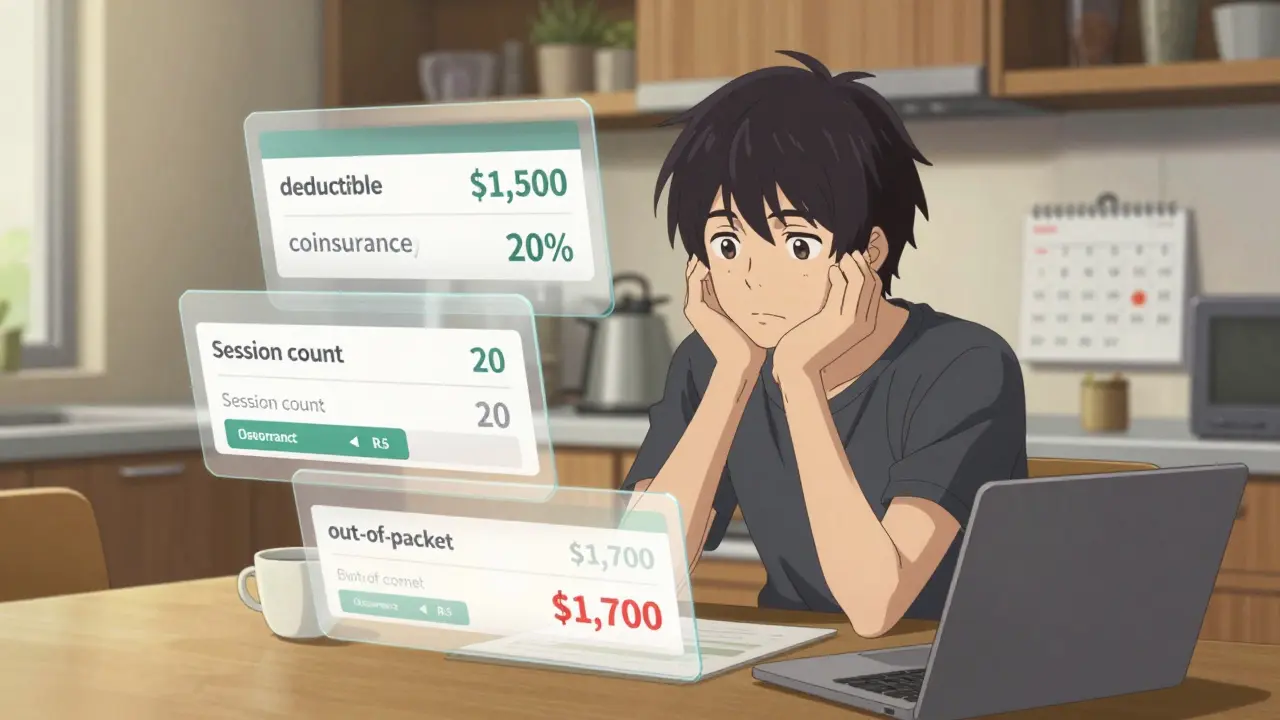Right Dentist Selection: A Practical Guide to Picking the Best Dentist
Choosing a dentist matters. A good dentist saves time, pain, and money; a bad one can make problems worse. Below are clear, practical steps you can use today to find someone you trust.
Quick checklist to narrow choices
Start local. Search for dentists within a 15–30 minute drive so you can get care quickly when you need it. Check that the office accepts your insurance or offers clear self-pay prices. Look for a licensed dentist—state dental boards publish license status and disciplinary history. Read recent patient reviews but focus on trends, not single bad comments. Finally, confirm office hours and emergency availability so you won’t be stuck in pain on a weekend.
Ask about the dentist’s main focus. General dentists handle checkups, fillings, and simple root canals. If you need implants, braces, or complex surgery, look for a specialist (periodontist, orthodontist, oral surgeon) or a general dentist who regularly performs those procedures. Experience counts—ask how many times they’ve done the exact procedure you need.
Visit or call the office before booking. Notice cleanliness, wait time, and how staff treat patients. Friendly, clear staff are a good sign. If reception avoids answering cost or insurance questions, that’s a red flag. A short phone call can tell you a lot about communication style and how easy it will be to get appointments.
What to ask at your first appointment
Bring a list of your priorities: pain control, cost, cosmetic goals, or ongoing care. Ask these direct questions: What will this treatment involve? What are the risks and alternatives? How much will it cost with and without insurance? Do you offer payment plans or financing? How do you handle dental anxiety and sedation? Clear answers help you compare clinics.
Check technology and hygiene. Modern tools like digital X-rays and intraoral cameras aren’t luxuries—they improve diagnosis. Sterilization should follow CDC guidelines. If you see poor infection control (dirty instruments, gloves not changed between patients), walk out and find someone else.
Trust your instincts. If the dentist pushes unnecessary treatments or pressures you to decide on the spot, that’s a warning. A good dentist explains options and gives you time to think. Look for someone who listens, answers simply, and respects your budget and time.
After your visit, review your experience. Was the staff punctual? Were costs explained? Did the dentist discuss a prevention plan? If you feel comfortable and informed, book your next cleaning. If not, keep searching—finding the right dentist is worth the effort.
Use this guide as your shortlist tool: local convenience, verified credentials, clear pricing, clean office, honest communication, and a prevention-focused plan. Those six checks will steer you to a dentist you can trust for years.
How to Choose the Right Dentist for Your Toothache
Choosing the right dentist for treating your toothache can be a daunting task. It's crucial to consider aspects such as the dentist's qualifications, experience, and reputation. Make sure the dentist is using the latest technology and follows proper hygiene standards. It's also important to feel comfortable and have open communication with the dentist. Lastly, consider factors like location, office hours, and affordability.






